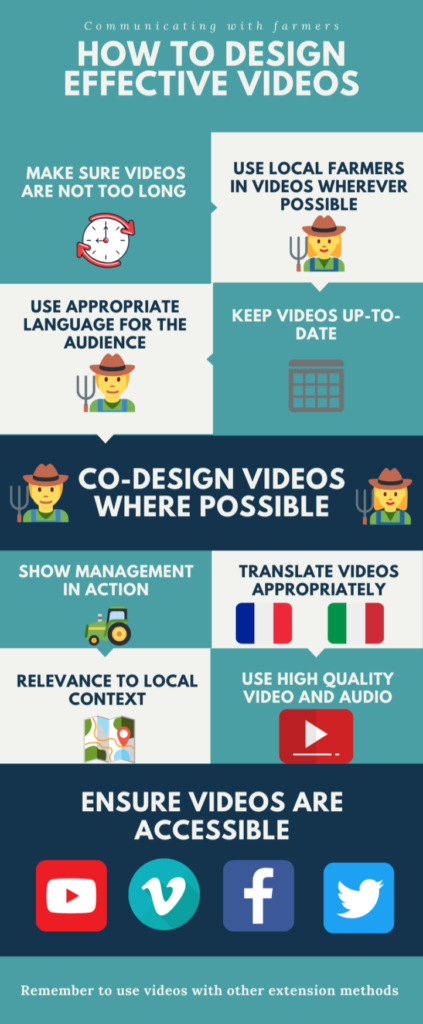The Environmental Land Management (ELM) schemes represent a significant shift in agri-environment scheme delivery in England. Currently, it is envisaged that land managers will construct their own land management plans, possibly with some advisory support (though not for all) and use this as a basis for signing up to the scheme. We know from recent studies that the provision of advice is vital to help farmers understand why they should sign up to the scheme, how they might benefit, how to apply and navigate the bureaucracy, which interventions to deliver, and how to implement these management actions (Hurley et al., 2020; Lyon et al., 2020). However, we also understand the challenges in providing one-to-one, face-to-face advice to land managers, not least because of the current COVID-19 pandemic, but also because of the cost of doing so – both from a taxpayer’s perspective if subsidised or from a farmer’s perspective who can struggle to pay for and access advice. COVID-19 has closed down key venues in which to exchange knowledge with farmers, such as agricultural shows, peer-to-peer learning seminars, on-farm demonstration events, as well as informal venues like meeting at a local pub.
Videos and podcasts are potential methods of delivering advice to land managers that do not rely on face-to-face contact. They have gained increasing popularity with the Agricology audience as a means for farmers, advisors and researchers to share knowledge and practical experiences with agroecological farming. In partnership with University of Reading and CCRI the team have recently conducted an ELM test to explore the potential role of videos in podcast in supporting farmers in the transition to ELM.
This test set out to explore how they might be used in the delivery of advice to farmers based on a literature review, analysis of Agricology’s video/podcast channels, as well as a survey with 141 English farmers and four focus groups involving an additional 29 farmers. Though there have been many studies exploring the potential role of videos, there has been limited research on the role of podcasts.

Digital extension methods have received renewed attention with the onset of the COVID-19 pandemic. Based on our empirical research, if videos and podcasts are to be used to deliver information and advice to farmers about Environmental Land Management, the following key messages should guide their design and delivery:
